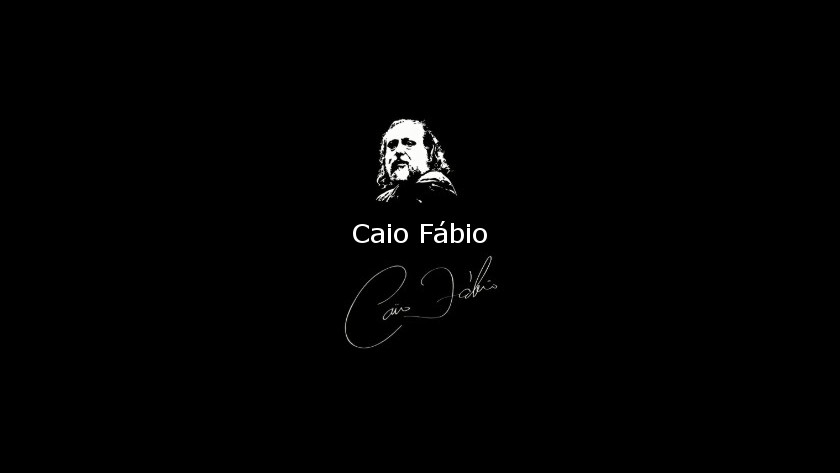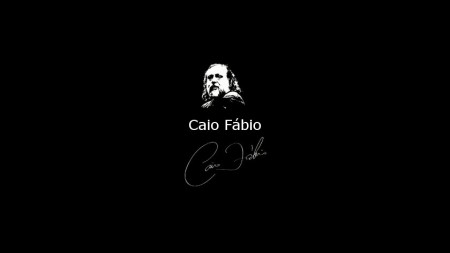
RELATIONAL THEOLOGY: The Useless Discussion about God
The human attempts to think God without experiencing Him are always pious.
Yes! When our souls no longer want the revelation and its implications of living by faith, with no self-righteousness, and giving our beings over to God with no parachutes, then they come up with some “theology”.
More and more, people have asked me what I think about the Relational (or Process) Theology. In fact, both aren’t one due to a mere scholastic differentiation.
Well, without mentioning anyone’s names, I have, however, made my opinion plain in many of my writings on this website, whose contents disagree straightforwardly to such speculations.
However, to those who only get the point if they can see the road signs, here goes:
1. Trying to understand what God is like beyond Jesus’ revelation of His Father—which Jesus provided and keeps providing—is human foolishness. God is God. And humans are only expected to love Him according to what can be known of Him or what is revealed to us.
2. A speculation about God’s relation to the Human History that isn’t grounded on Jesus’ revelation of His Father is foolish, childish, proud and useless.
3. Such speculations only switch people’s attention to something that can’t be known of God to the detriment of what can be known of Him.
4. God isn’t known through our intellect, but through a sensitivity that is rooted and based on the human spirit. In this way, God reveals Himself without explaining Himself.
5. Both Calvinism and the Relational Theology are mistaken human expressions—even though they’re sincere—, because the Scripture is intentionally contradictory and paradoxical to the human senses, as what it reveals is divine, and therefore, out of the reach of any speculations that seek to systematize God.
6. We have to live by the humbleness of he who loves The One who cannot be understood, at the same time as we put into practice all that can be understood of Him, and which has to do with man and his relationship with God though faith and his relationship with life through love.
7. The Relational Theology that the Scripture teaches has nothing to do with how God is in relation to humans beyond His revelation as if it were seeking to understand God’s ways that are higher than ours. The Relational Theology that the Scripture teaches is the very same that theologians avoid in their attempt to figure out what is impossible for us to understand: Man’s relationship with God through faith.
8. Such a discussion is nothing but the sex of angels, because it dissimulates what is revealed, that is, that humans are supposed to relate to one another, to God and to life. The dissimulation is that they think they’re very busy thinking God.
9. Based on what the Gospel lets us know about Jesus, He would consider this whole thing as foolishness like that of the scribes and the Sadducees—who didn’t believe in the revelation in its simplicity, so they’d make up a theology in which human acts and God’s acts became the same thing.
10. The only Relational Theology that can intellectually be taken seriously is the one that deals with people’s relationship with people and people’s relationship with God, as John teaches us in his epistle in a plain, obvious way.
Therefore, with no mention to names, authors or so-called thinkers, I say:
I can’t take seriously those who think so, because the ones who think don’t think so, as by their own thinking—if they actually think—they realize that it’s impossible “to think God”, for God is beyond thinking itself.
If it weren’t so, we’d say that the human being, the just, would be justified by his thinking!
The world is in agony. Meanwhile, there are people who dedicate themselves to operating on God for phimosis instead of simply living by the Gospel according to Jesus’ simplicity.
Every attempt to think God in order to understand Him is not only foolish but also—and above all—diabolical, because it gets the human energy off of the simple focus of the Gospel and into the virtual realm of a sarcophagus piousness, for all it does is an exhumation of the only “God” who can be subjected to it: The “theology God”.
I don’t say so because I’m unable to think. I know if I started speculating about “God”, I’d do quite well on it, as I lack neither imagination nor the ability to think with all the philosophical implications of such a “mental journey”.
Therefore, my refusal regarding such things doesn’t happen as a personal reasoning limitation feeling as far as in-depth thinking is concerned. It only happens because of two things: The fear of God according to my conscience regarding Him, and my absolute sureness that such exercising only exercises vanity, but is totally powerless as to leading life to a true experiencing of God as a deep understanding and a piousness that is applicable to this existence.
This website, however, has plenty of texts with detailed explanations about the vanity (meaninglessness) of such speculations.
Enough theological Disneyland!
The matter is infinitely above our heads!
Therefore, to the devotees of speculations that only interest the disinterest for what really matters and is interesting, here is the Word of the Gospel:
Philip said to Him:
Lord, show us the Father, and it is enough for us.
Jesus said to him:
Have I been with you such a long time and yet you have not known Me, Philip? He who has seen Me has seen the Father. And how do you say, Show us the Father? Do you not believe that I am in the Father and the Father in Me? The words that I speak to you I do not speak of Myself, but the Father who dwells in Me, He does the works. Believe Me that I am in the Father and the Father in Me, or else believe Me for the very works themselves. Truly, truly, I say to you, He who believes on Me, the works that I do he shall do also, and greater works than these he shall do, because I go to My Father. And whatever you may ask in My name, that I will do, so that the Father may be glorified in the Son. If you ask anything in My name, I will do it. If you love Me, keep My commandments. 1
In this way, Jesus’ Relational Theology doesn’t tell us what God is like, but Who God is. So it tells us to see the Father in the revealed and incarnate Son. It tells us that it’s all about believing or not believing. It tells us that the divine works that are available to our senses are to be seen and discerned through faith in revelation. It tells us that such relationality is with God, and is manifested through obedience and love. And it closes by telling us that speculations about the Father are foolishness, because what can be known of the Father is revealed in Jesus.
Thus, Jesus’ question echoes once again:
“Have I been with you such a long time and yet you have not known Me?”
In Him, Who would never be busy with such matters, as in fact He did although He had every opportunity to,
Caio
PS: If only the theologians knew a little about quantum physics, they’d realize how foolish such discussion is in its effort to discuss God’s atemporal sovereignty and the temporal and relative human freedom. Without at least a bit of awareness of the physical meaning of time, you can’t even understand that you can’t understand eternity. Yes—because since they don’t believe, they could, at least, go beyond the medieval categories of our theologies in order to think in a way that would make sense according to what “thinking” means.
May 2, 2007.
Camboriú
Santa Catarina, Brazil
___________________________________________
From the original: “TEOLOGIA RELACIONAL: A Inútil Discussão acerca de Deus”
Translated by F. R. Castelo Branco | May 2007
1 John 14:8-15 (MKJV)

